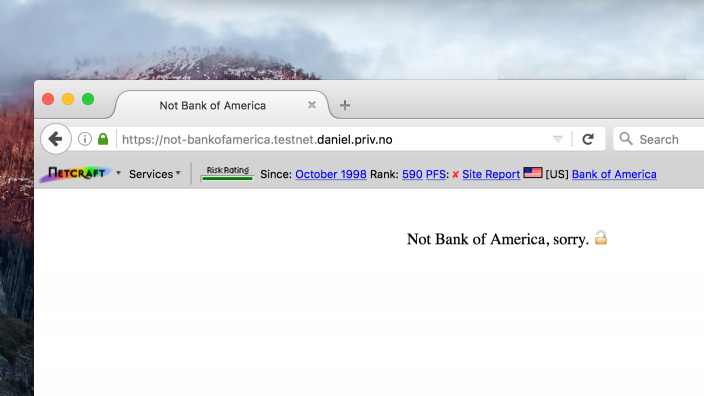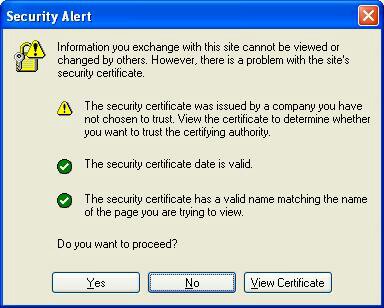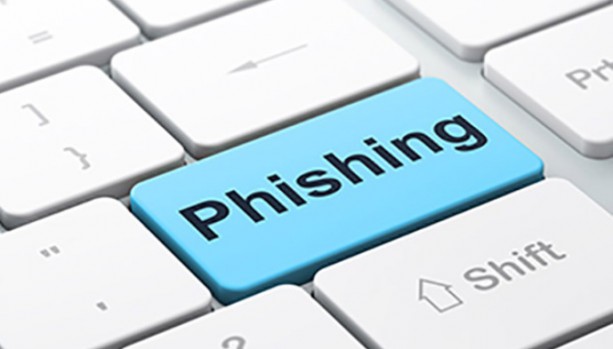For those who use online shopping a lot, you will realize that most of the transaction details are sent to you via email. However, there is need for caution because hackers can take advantage of this and send you malicious links. This is known as phishing.
Phishing is the malicious act of keeping a false website or sending a false e-mail with the intent of masquerading as a trustworthy entity and acquire sensitive information such as usernames, passwords, and credit card details.
While online and mobile banking and e-commerce are safe, the volume and sophistication of phishing scams continues to dramatically increase.
First and foremost, you should be very careful about giving out your personal financial information over the Internet. This is very crucial in fighting phishing.
Below, I discus a few tips to help you avoid phishing:
Be Informed About Phishing Techniques and tricks.
Various phishing scams are being developed all the time to keep up with the upgrading technology. Keep your eyes on the lookout for news about new phishing scams. By finding out about them as early as possible, you will be at much lower risk of getting snared by one.
What do You Click?
It’s fine to click on links when you’re on trusted sites. Clicking on links that appear in random emails and instant messages, however, isn’t such a smart move. Hover over links that you are unsure of before clicking on them. Do they lead where they are supposed to lead? A phishing email may claim to be from a legitimate company and when you click the link to the website, it may look exactly like the real website. The email may ask you to fill in the information but the email may not contain your name.
Most phishing emails will start with “Dear Customer” so you should be alert when you come across these emails. When in doubt, go directly to the source rather than clicking a potentially dangerous link. Be suspicious of any email or communication (including text messages, social media post, ads) with urgent requests for personal financial information. Avoid clicking on links. Instead, go to the website by typing the Web address directly into your browser or by searching for it in a search engine. Calling the company to verify its legitimacy is also an option, too.
Unless an email is digitally signed, you can’t be sure it wasn’t forged.
Get an Anti-Phishing Toolbar
Most popular Internet browsers can be customized with anti-phishing toolbars like Netcraft. Such toolbars run quick checks on the sites that you are visiting and compare them to lists of known phishing sites. If you stumble upon a malicious site, the toolbar will alert you about it. This is just one step of protection against phishing scams, and it is completely free.

Verify a Site’s Security
It’s natural to be a little wary about supplying sensitive financial information online. As long as you are on a secure website, however, you shouldn’t run into any trouble. Before submitting any information, make sure the site’s URL begins with “https” and there should be a closed lock icon near the address bar. If you get a message stating a certain website may contain malicious files, do not open the website. Never download files from suspicious emails or websites.
Even search engines may show certain links which may lead users to a phishing webpage which offers low cost products. If the user makes purchases at such a website, the credit card details will be accessed by cyber criminals. Double clicking the “lock” icon on a website will display the security certificate for the website. If the certificate isn’t displayed, or you get a warning message that the address of the website does not match the certificate, do not continue.

Check Your Online Accounts more often.
If you don’t visit an online account for a while, someone could be using it on your behalf. Even if you don’t technically need to, check in with each of your online accounts on a regular basis. Get into the habit of changing your passwords regularly too. You should also personally check your bank statements regularly to ensure no fraudulent transactions have been made without your knowledge.
Related Article: A beginner’s guide to using password managers.
Keep an up to date Browser
Security patches are released for most browsers all the time. They are released in response to the security loopholes that phishers and other hackers discover and exploit. Immediately an update is available, download and install it.
Use Firewalls
High-quality firewalls act as buffers between you, your computer and outside intruders. Firewall protection prevents access to malicious files by blocking the attacks. You should use two different kinds: a desktop firewall which is a software and a network firewall which is a hardware. When used together, they reduce the odds of hackers and phishers infiltrating your computer or your network.
What Pop ups do you open?
Pop-up windows many times masquerade as legitimate components of a website and yet they are phishing attempts. Some browsers allow you to block pop-ups. If one manages to slip through the cracks, don’t click on the “cancel” button; such buttons often lead to phishing sites. Instead, click the small “x” in the upper corner of the window.
Desist From giving out Personal Information
You should never share personal or financially sensitive information over the Internet. When in doubt, give them a call. Never send an email with sensitive information to anyone. Make it a habit to check the address of the website. A secure website always starts with “https”.
Phishers typically include exciting statements to get people to hand over their usernames, passwords, credit card numbers, Social Security numbers, date of birth and other personal information. Please desist from sharing such information over the Internet.
Use Antivirus Software
Antivirus software guard against known technology workarounds and loopholes. Make it a habit to keep your software up to date. Antivirus software scans every file which comes through the Internet to your computer. It helps to prevent damage to your system.
It’s frustrating to fall prey to a phishing scam. Phishing scams have been around practically since the inception of the Internet, and they will not go away any time soon. However, you don’t have to live in fear of phishing scams. Here are basic guidelines in keeping yourself safe from phishing.
Discover more from Dignited
Subscribe to get the latest posts sent to your email.












